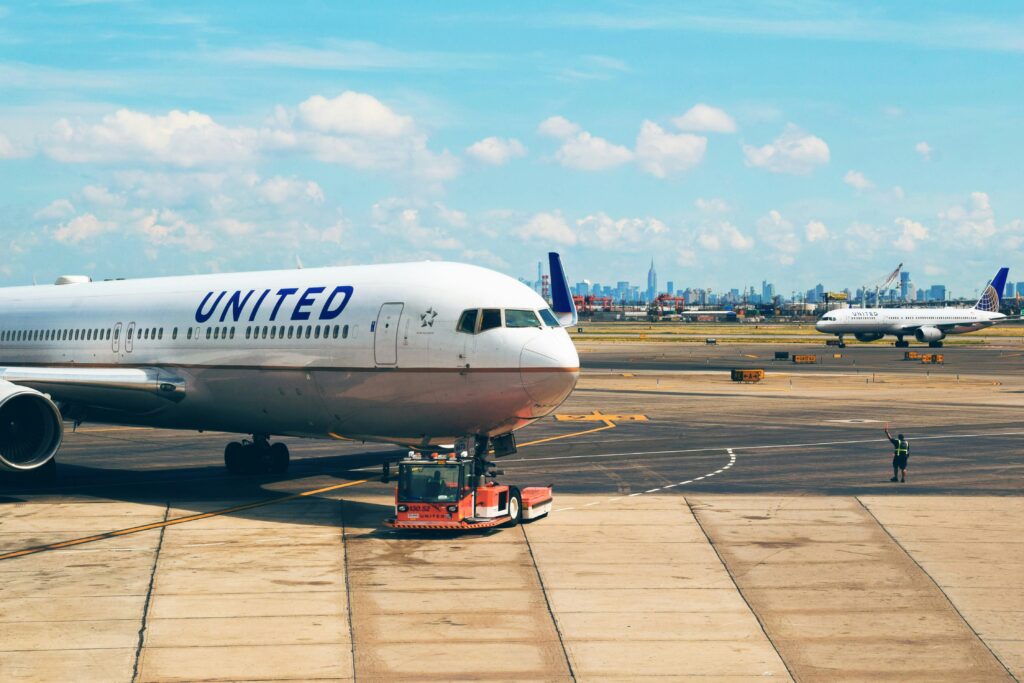Flight compensation for denied boarding

Facing denied boarding can be a frustrating experience, but knowing your rights and how to seek compensation can help you handle the situation effectively. Here’s a guide on what to do if you’re denied boarding on your flight.
First, understand the reason for the denied boarding. Airlines typically deny boarding in situations where there are overbooked flights and not enough volunteers to give up their seats. Other reasons might include issues with travel documents or late arrival at the gate. Identifying the reason can impact the compensation and assistance you’re entitled to.
Contact the airline immediately after being denied boarding. If you’re at the airport, go to the airline’s ticket counter or customer service desk. They should provide you with details about why you were denied boarding and offer alternatives such as rebooking on the next available flight. Ask about your rights and the compensation options available under the circumstances.
Know your rights regarding compensation. If you’re involuntarily denied boarding due to overbooking, airlines are generally required to compensate you. In the European Union, for instance, regulations like EU261/2004 mandate compensation based on the flight distance and delay length, in addition to providing rebooking or refund options. Compensation may include cash payments, meal vouchers, or accommodation if you need to stay overnight.
In the United States, compensation rules can vary by airline, but passengers are typically entitled to rebooking on the next available flight or a full refund. Some airlines also offer additional compensation such as travel vouchers or meal allowances, though this is not always guaranteed.
If you’re a volunteer who agreed to give up your seat in exchange for compensation, ensure you receive the agreed-upon benefits. Airlines often offer vouchers, credits, or other incentives to passengers who voluntarily give up their seats. Make sure to get written confirmation of the compensation and any new flight arrangements.
Review any travel insurance you might have to see if it covers denied boarding situations. Some travel insurance policies provide compensation or reimbursement for additional expenses incurred due to denied boarding, such as accommodation or meals. Check your policy details and follow the claims process if applicable.
Keep detailed records of the situation, including the original flight details, any communications with airline staff, and receipts for expenses related to the denied boarding. Documentation will be important if you need to file a claim or seek further assistance.
If you encounter difficulties in receiving compensation or if you feel your rights are not being honored, escalate the issue. Contact the airline’s customer service again, request to speak with a supervisor, and file a formal complaint if necessary. Additionally, you can reach out to relevant aviation regulatory bodies or consumer protection agencies for support.
In summary, dealing with denied boarding involves understanding the reason behind it, contacting the airline for immediate assistance, knowing your rights to compensation, and utilizing any available travel insurance. By staying informed and keeping thorough records, you can navigate the situation more effectively and ensure you receive the compensation or support you are entitled to.


